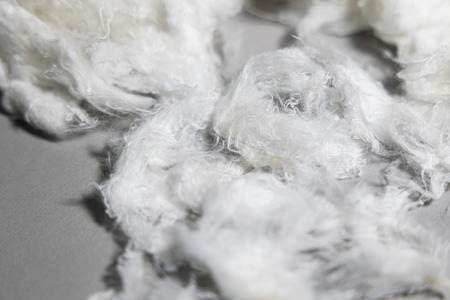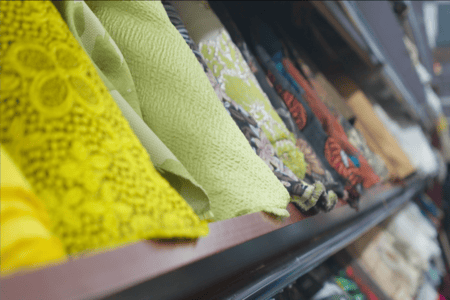
AGI denim’s Double Zero process gets SGS approval
YarnsandFibers News Bureau 2022-02-16 11:21:45 – PakistanPakistan-based vertical denim manufacturer, AGI Denim, has added another seal of approval to its roster less than a year after achieving Cradle to Cradle Gold certification for their HempX material. SGS, a Swiss third-party certification company, has now approved its Double Zero technology.
The technology was introduced by AGI in 2020 as a way to reduce the quantity of water used for both the dyeing and finishing operations. Double Zero recovers or evaporates all of the water left over after dyeing and processing, removing the possibility of dangerous compounds or effluents being leached into the environment. Recycled water is used in processing, lowering the producer's water impact even further. Denim that has been colored and polished in this manner has the extra benefit of responding well to sustainable lasers.
Customers can now "enjoy complete transparency," as the accreditation ensures minimum water use and zero wastewater discharge in both the dyeing and finishing processes.
According to AGI, the idea was inspired by the United Nations' Sustainable Development Goals (SDGs), a collection of 17 global goals intended to serve as a framework for attaining a more sustainable future. The technology specifically correlates with SDG 6, clean water and sanitation, and SDG 14, life below water. According to the corporation, its Double Zero technology saves 83.3 percent of water, which means there is "more [water] accessible for the people surrounding us" and life below water is safeguarded due to the removal of wastewater discharge.
AGI announced in early 2021 that it was recycling 300,000 gallons of water per day, with plans to expand that figure by one million in 2022 with the installation of a new effluent treatment plant. The corporation has invested in various wastewater treatment and recycling units that comply with British and European Standard Guidelines for releasing wastewater into the sea.
In keeping with its zero-waste policy, the firm opened Pakistan's first LEED-certified spinning unit in November. The plant, which is outfitted with automated shredding equipment that turns post-consumer waste into the recycled fiber, will create around 132,000 pounds of yarn every day.
Market Intelligence
Ask for free sample Report

experience
Customer Base
dedicated team
Countries Served Worldwide









